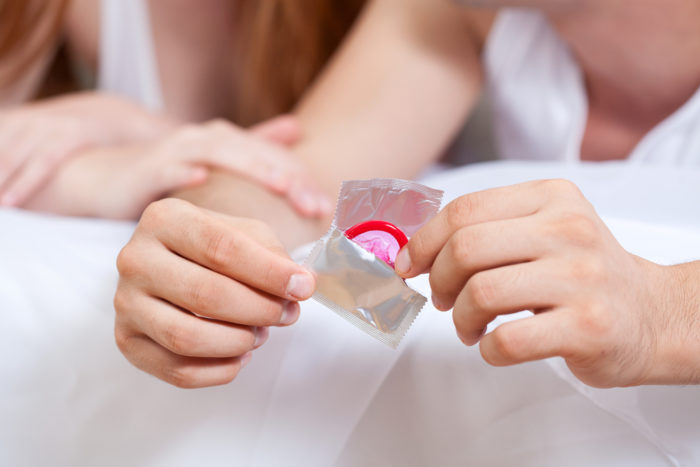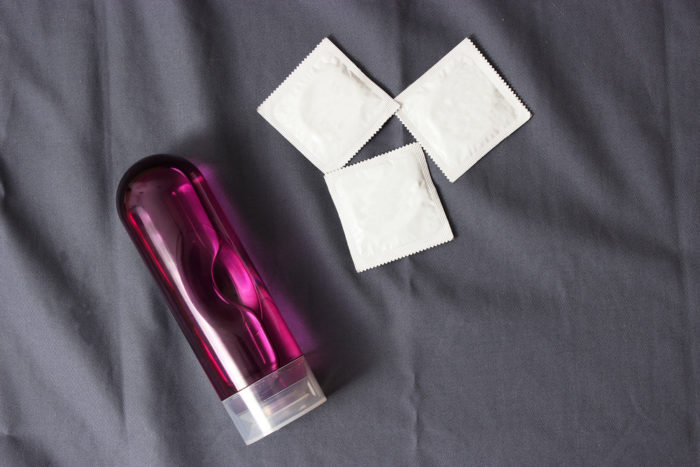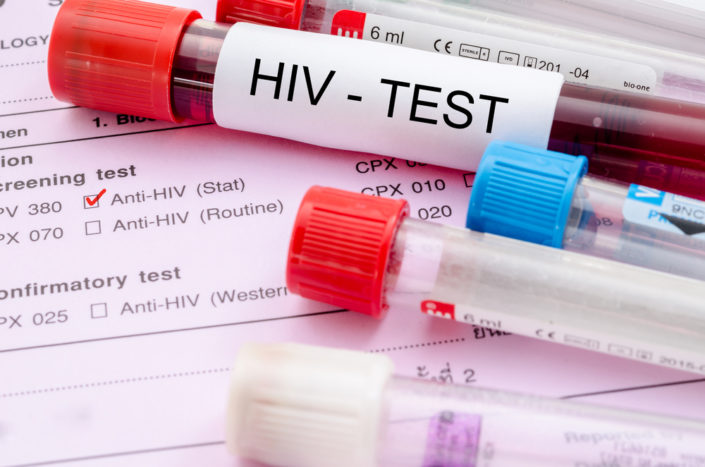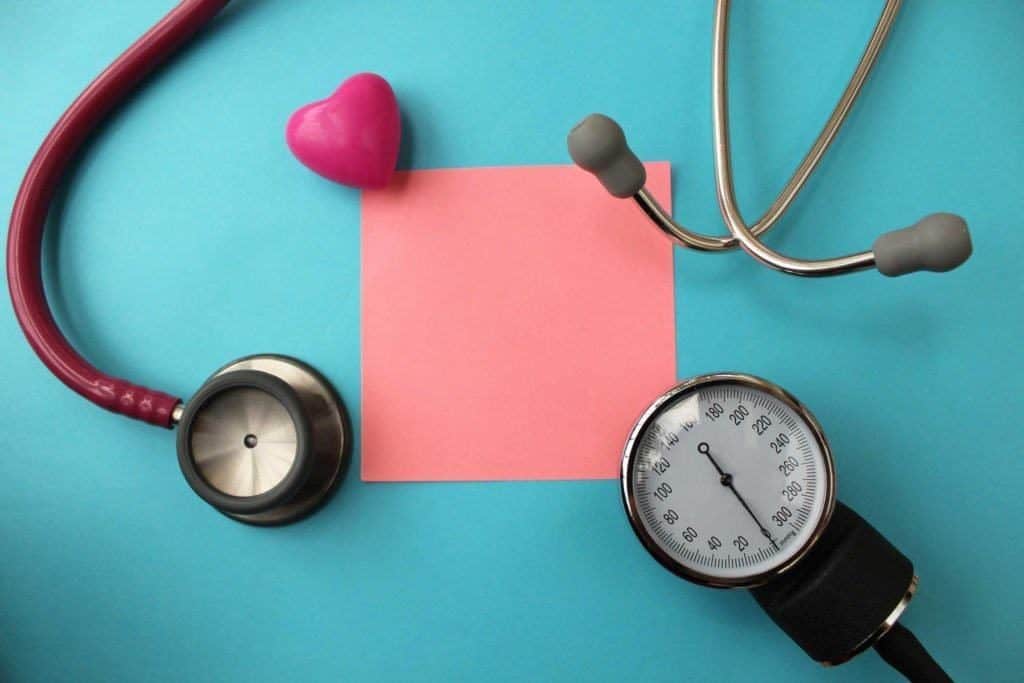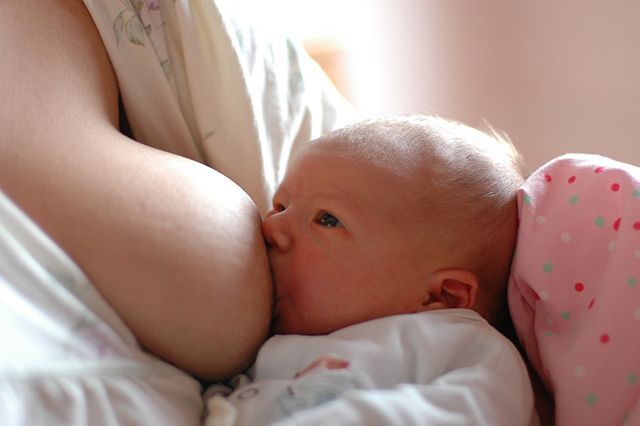Contents:
- Medical Video: What Actually Happens When You Have An Abortion?
- Things to do when a partner is HIV positive
- Using a condom during sex
- Using lubricants during sex
- Routinely undergoing treatment
- Even though your partner has HIV, you can still have children
- The importance of taking an HIV test before marriage
Medical Video: What Actually Happens When You Have An Abortion?
Getting married is one of the happiest plans coveted by every couple. However, what if it turns out when all the preparations are ripe you just know if a partner is HIV positive. Should this happy plan be foiled? Don't be sad, let's look at the following tips if you are in that position.
Things to do when a partner is HIV positive
You must be frustrated because so much love for your partner is tested when you know that your partner has HIV. Moreover, the position of all wedding preparations has been completed. But on the one hand it cannot be deceived, you also feel anxious about contracting the disease. For those of you who are in that position, this is what needs to be done when you are married later.
Using a condom during sex
The risk of HIV transmission when having a positive partner is very large. But don't worry, if you have safe sex, you will avoid this virus. Using a condom every time you have sex is one of the main requirements that must be fulfilled.
When used properly, condoms can reduce the risk of HIV transmission effectively. In women, condoms prevent transmission by 73 percent while for men reducing transmission by 63 percent.
Using lubricants during sex
Condoms alone are not enough to protect you from the risk of contracting HIV. Because the condom can be torn when used. Therefore, you should use a lubricant to reduce the friction pressure on the condom.
Use water-based lubricants because they do not erode the latex in the condom. That way, condoms remain safe to use and avoid damage.
Routinely undergoing treatment
Don't give up hope, even though HIV is an incurable disease but treatment helps manage your condition. Invite your partner to routinely take medication from now on.
Antiretroviral therapy (ART) is able to make the HIV virus in the body's blood and fluids lower. Quoted from Everyday Health, the Centers for Disease Control and Prevention states that people who maintain low levels of HIV have almost no chance to infect their partners.
To minimize the risk of infection, as a potential partner you can also take drugs called PrEP (Pre-Exposure Prophylaxis). This drug is a drug to prevent infection for people at high risk of contracting HIV. In addition, you should start taking this drug 72 hours before sexual intercourse.
In addition, do regular visits to the doctor every three months to check your condition and also your partner. With routine and appropriate care, people with HIV have a life expectancy that is much higher than you thought before.
Even though your partner has HIV, you can still have children
If what you're afraid of when a positive partner has HIV is about having children, then there's no need to worry. Because, you and your partner can still have children without infecting your child or a partner who is HIV-negative.
After getting married, you and your partner can consult this with the doctor. Usually, doctors will conduct a series of programs to help you have children. The doctor will determine when the right time for you and your partner to have unprotected sex.
Of course this will be done after the doctor checks the level of the virus in your body. In addition, the doctor will also continue to provide medicine for both of you to reduce the risk of infection before and after conception.
You can also do other ways to get children without fear of contracting like doing in vitro fertilization (IVF) and artificial insemination
There are many people who succeed in having children without the need to transmit HIV to their spouse and child. Therefore, don't be pessimistic and discouraged, you can be one of them.
The importance of taking an HIV test before marriage
For this reason, it is very important to take an HIV test before deciding to get married. This is done not to frustrate your wedding plan. However, to find out whether you both have HIV infection or not.
If there really is, the doctor will provide the right treatment so that couples who are HIV-negative are not infected. By knowing the existence of this virus in your body, the spread of the virus can be prevented.
What you need to fear is not "what if I have HIV". What you need to be afraid of is if you or your partner has HIV but is undetectable and eventually transmits it to your spouse and children later.


